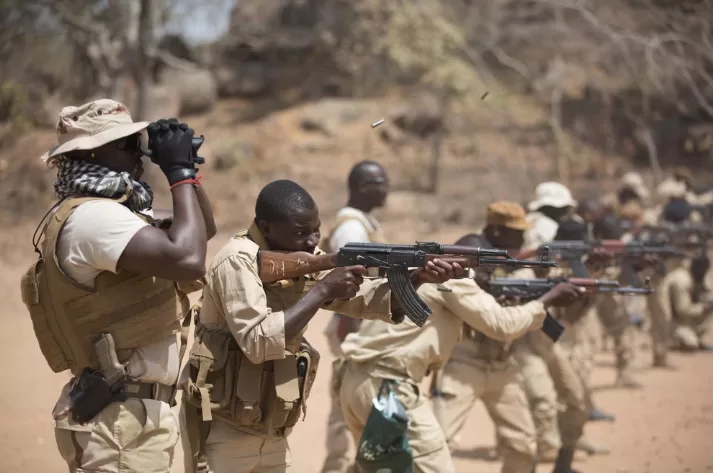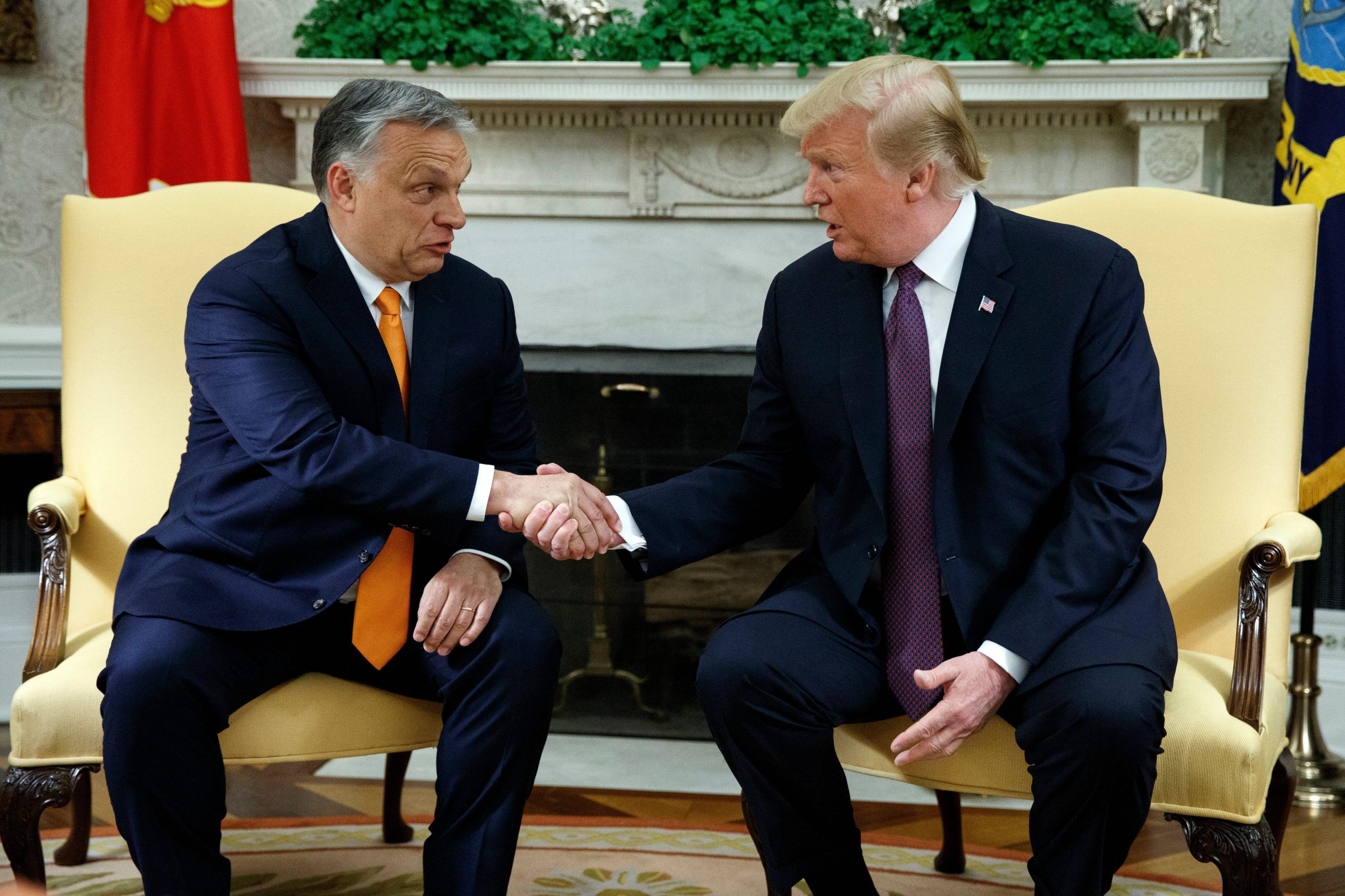With the world absorbed in too much news some important stories in the world of freedom of expression can be lost. As we mark World Press Freedom Day it’s worth taking a moment to reflect on what is really happening around the world, away from the daily news agenda, from the ‘foreign agent’ bill in Georgia, to the restrictions being placed on journalists in Myanmar, Ethiopia, Hong Kong and of course Afghanistan.
It’s one of these unheard stories which I want to focus on this week. In the ongoing global struggle for press freedom, Burkina Faso finds itself embroiled in controversy once again. The recent suspension of foreign media outlets over their coverage of a damning report accusing the country’s army of civilian massacres underscores an appalling trend towards censorship and repression.
The report, released by Human Rights Watch (HRW), alleges that Burkina Faso’s military was responsible for the killing of 223 civilians in retaliation for their support of armed Islamists. This accusation has been vehemently denied by the military government, which seized power in a coup in 2022 with the promise of quelling the Islamist insurgency plaguing the nation.
But instead of choosing light and transparency the government has chosen the tool of the tyrant – censorship.
Foreign media outlets such as the BBC, Voice of America, and Deutsche Welle have been suspended, their websites blocked, and broadcasts halted for daring to report on HRW’s findings. This outrageous approach to silencing truth and dissent stifles the flow of information and undermines the fundamental principles of freedom of expression.
The joint statement from the governments of the United States and United Kingdom unequivocally condemns Burkina Faso’s actions, emphasising the importance of an unfettered press in fostering informed public discourse. As we mark World Press Freedom Day, these acts of censorship serve as a stark reminder of the critical role that media plays in holding power to account and safeguarding democracy.
The suspensions imposed by Burkina Faso’s Superior Council of Communication not only violate the rights of journalists but also deprive the Burkinabe people of access to independent and accurate news. By blocking HRW’s website and restricting media coverage of their report, the government effectively shields itself from scrutiny and accountability.
Such tactics are not unique to Burkina Faso; they are part of a broader global trend towards authoritarianism and censorship. Across the world, journalists face intimidation, harassment, and violence simply for doing their jobs. This week, the BBC World Service has revealed for the first time that 310 of its journalists are living in exile.
The international community must stand in solidarity with journalists and media organisations under attack. Advocating for freedom of expression is not only a matter of principle but also a practical necessity for the functioning of democratic societies. When the voices of the oppressed are silenced, tyranny reigns unchecked.
As the world marks World Press Freedom Day, let us reaffirm our commitment to defending the rights of journalists everywhere. In the face of adversity, their courage and resilience serve as a beacon of hope for a brighter and more just future.






